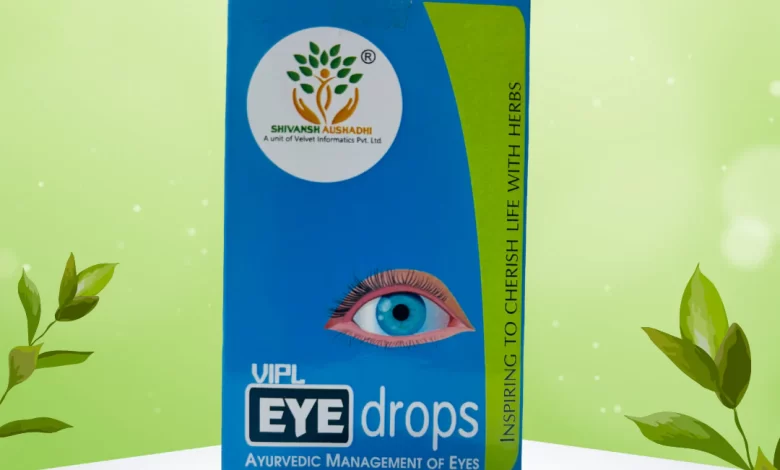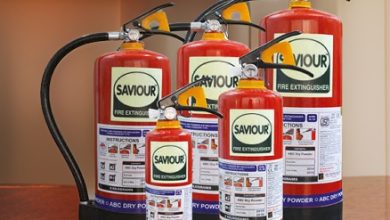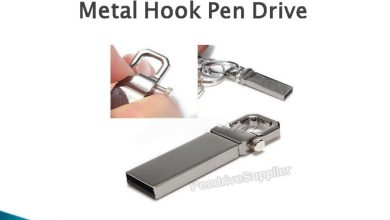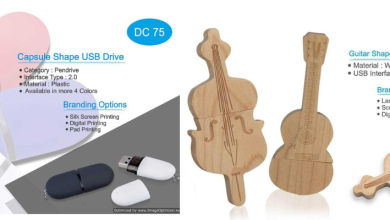Best Eye Drops for Daily Use: A Complete Guide to Eye Care
Best eye drops for daily use

In today’s fast-paced world, our eyes endure constant exposure to screens, pollution, and allergens. To maintain good eye health, incorporating the best eye drops for daily use into your routine can be a simple yet effective solution. Whether you experience dryness, irritation, or redness, the right eye drops provide instant relief while offering long-term protection. This guide explores different types of eye drops, their benefits, and how to choose the most suitable one for your needs.
Why Do You Need Eye Drops?
Several factors contribute to eye discomfort, making eye drops an essential part of daily care.
-
Extended screen time leads to digital eye strain, causing dryness and fatigue.
-
Environmental pollutants like dust, smoke, and allergens trigger irritation and redness.
-
Contact lens usage for prolonged hours can cause dehydration of the eyes.
-
Aging-related changes may lead to decreased tear production, resulting in chronic dryness.
By using high-quality eye drops, you can counter these issues effectively. They not only hydrate and soothe your eyes but also improve overall eye comfort.
Types of Eye Drops and Their Benefits
1. Lubricating Eye Drops
Commonly known as artificial tears, these drops help relieve dryness by mimicking natural tears. They are perfect for individuals experiencing occasional dryness due to environmental factors or screen exposure.
2. Antihistamine Eye Drops
Allergy sufferers can benefit from antihistamine eye drops, which reduce itchiness, swelling, and redness. These drops counteract allergens such as pollen, dust, and pet dander, providing instant relief.
3. Redness-Relieving Eye Drops
Formulated with decongestants, these drops shrink blood vessels in the eyes to reduce redness. However, frequent use is not recommended, as overuse may lead to dependency and rebound redness.
4. Preservative-Free Eye Drops
Ideal for sensitive eyes, these drops are free from harsh chemicals. They come in single-use vials, making them suitable for frequent application without the risk of irritation.
How to Choose the Right Eye Drops
Selecting the right eye drops depends on your symptoms and specific needs. Consider the following factors:
-
Identify your symptoms: Are your eyes dry, itchy, or red? Choose a formula that targets your problem.
-
Check the ingredients: If you have sensitive eyes, opt for preservative-free variants.
-
Ensure compatibility with contact lenses: Some drops require lens removal before use.
-
Seek professional advice: If symptoms persist, consult an eye specialist for guidance.
Using the right eye drops ensures maximum effectiveness and long-term eye health.
Best Eye Drops for Itchy Eyes
Itchy eyes are a common problem caused by allergies, dryness, or minor infections. To alleviate discomfort, opt for the best eye drops for itchy eyes, such as antihistamine-based or lubricating eye drops. These formulations help soothe inflammation and provide lasting relief. Additionally, avoiding allergens, applying cold compresses, and staying hydrated can further prevent eye itchiness.
Tips for Using Eye Drops Effectively
Proper application enhances the effectiveness of eye drops. Follow these simple steps for best results:
-
Wash your hands before applying drops to prevent contamination.
-
Tilt your head back and gently pull down the lower eyelid.
-
Apply one drop at a time to avoid overflow or wastage.
-
Keep the bottle clean and do not touch the tip to any surface.
-
Store eye drops properly, following the manufacturer’s instructions.
Consistency in using eye drops ensures better eye hydration and protection.
Common Mistakes to Avoid
Many people unknowingly misuse eye drops, leading to reduced effectiveness. Here are some common mistakes:
- Overuse of eye drops – Excessive use can cause dependency or worsen symptoms.
- Sharing your eye drops – This increases the risk of infections.
- Ignoring expiration dates – Expired drops may lead to irritation or eye infections.
- Choosing the wrong type – Using the wrong drops for your symptoms may not provide relief.
Avoiding these mistakes ensures safe and effective use of eye drops.
Conclusion
Eye care should be a daily priority, just like skincare or oral hygiene. Incorporating the best eye drops for daily use into your routine can significantly enhance eye comfort while protecting against dryness, irritation, and allergies. By choosing the right eye drops and using them correctly, you can keep your vision sharp and your eyes refreshed. However, if discomfort persists, seeking professional advice is always a wise decision.
For high-quality best eye drops for daily use, visit Welnesscart.
FAQs
1. How often can I use eye drops?
It depends on the type. Lubricating drops can be used multiple times a day, while medicated drops should be used as prescribed by an eye specialist.
2. Can I use eye drops with contact lenses?
Some eye drops are specifically formulated for contact lens users. Always check the label before application.
3. Are preservative-free eye drops better?
Yes, they are ideal for sensitive eyes and frequent use since they minimize the risk of irritation.
4. How can I tell if my eye drops have expired?
Check the expiration date on the bottle. If the solution changes color or develops an unusual odor, discard it immediately.
5. Can I use eye drops daily?
Yes, but choosing the right type is crucial. Lubricating drops are safe for everyday use, while medicated ones should be used under medical supervision.




